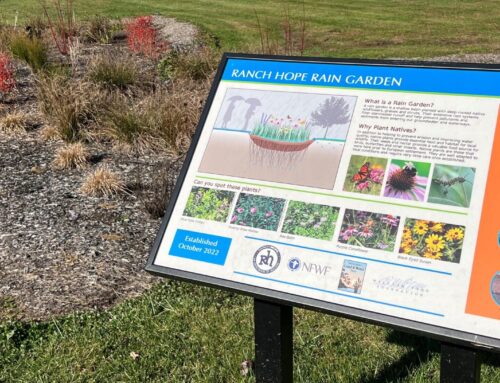Wheel weights are used to balance car tires, and in most states are made of lead. According to a study by the U.S. Geological Survey, about 65,000 tons of lead wheel weights are in use on U.S. vehicles. About 2,000 tons of these weights fall from vehicles each year and end up in the roadway or street gutter. This creates an issue for water quality as the weights, which are made of raw lead, are worn down by traffic and can leach into local creeks. Because they are heavy, they can remain in the gutter or storm drains for many years. Because of these environmental concerns, eight states have chosen to enact laws prohibiting lead wheel weights. But what about the other 42 states? Consumers most likely have no idea this occurs, so an education program and thorough discussion of possible changes is a worthy effort.
With advances in technology reducing the variation in wheel rim imbalances at the factory, the use of lead can be eliminated as steel weights can now provide sufficient weight to balance car tires since similar amounts of steel can provide the necessary weight to balance the wheel. Wheel balance is very important for many reasons, and environmentally it allows tires to last longer, helping reduce waste of tires that already cause issue for disposal.
A switch from lead to steel can reduce lead pollution in creeks, and also reduce health hazards for employees of car repair and tire balancing shops. Exposure to lead can cause numerous neurological and behavior problems as well as other health hazards, especially in children. Urban areas and under-privileged neighborhoods, which have historically been bisected by major roads, would benefit from reduction to this exposure to lead, similar to programs that remove lead paint from older homes.
It is worth exploring if more states could ban this use of lead with a phase-out program. In states that have banned the lead weights, where steel alternatives are available, some study of how those programs have worked out is worthwhile for other states considering a ban. Some issues to consider are the time frame for phasing out the old lead weights, if there should be buy-out programs for the lead weights so businesses with lead inventory are not unduly harmed, availability and cost of steel alternatives, and how to recycle those weights that are replaced, as well as programs to find and collect weights already in the streets and storm drain systems. Should bans and replacement programs be considered, it would be worth discussions with the automotive repair businesses in advance so they can advise on how the program can be implemented in partnership rather than being forced upon them without notice. Voluntary replacement is another potential option in places where a ban may not be politically or economically viable.
Chris Gensic
Chris Gensic is a resident of Charlottesville, VA and is a long-time walker. He holds a Bachelor of Environmental Science and Master of Urban and Environmental Planning from UVA. This is an issue he has long had on his mind and is interested in spreading the work and receiving feedback and ideas for solutions. chrisgensic@yahoo.com






